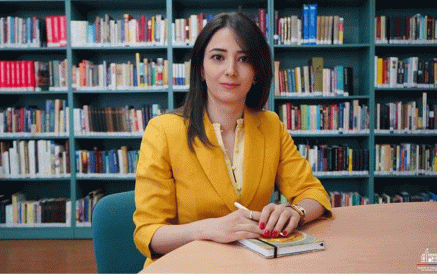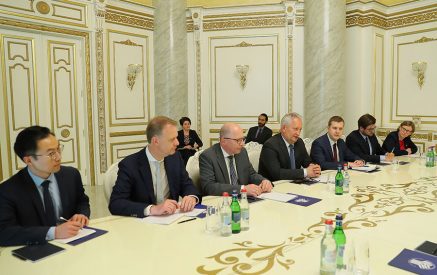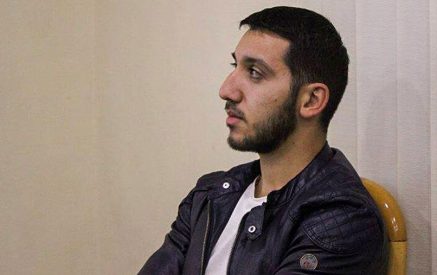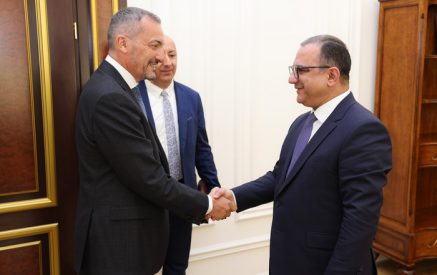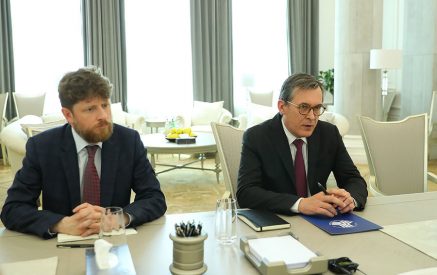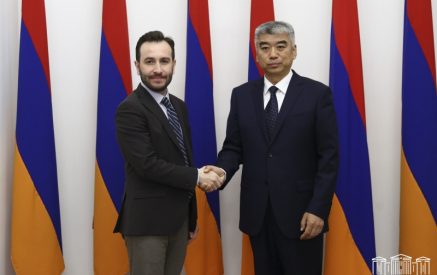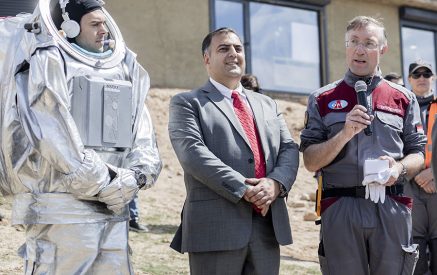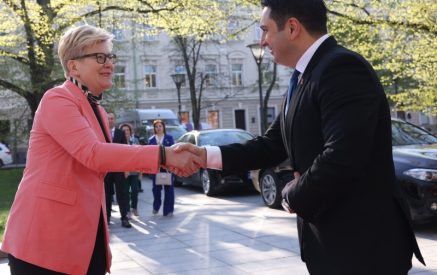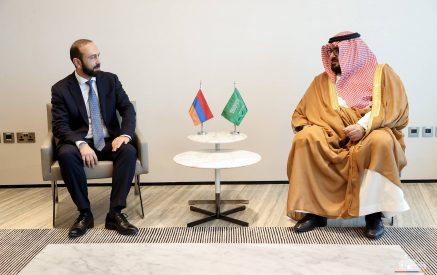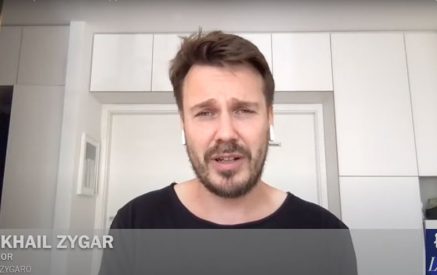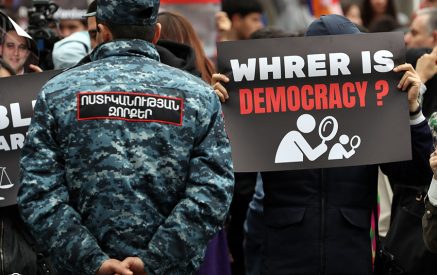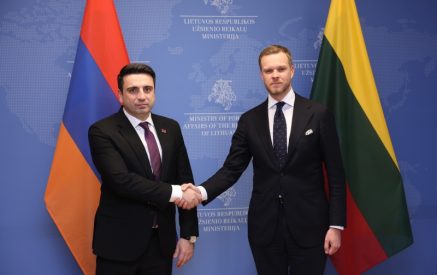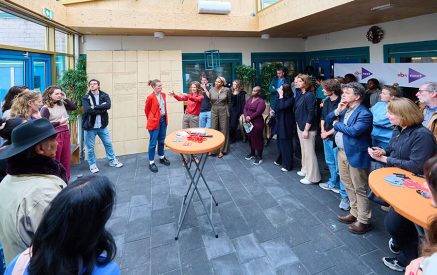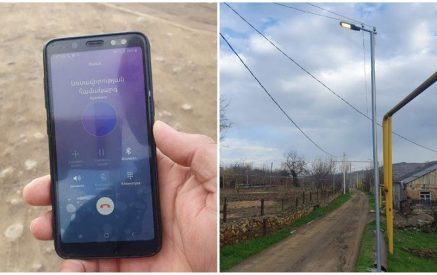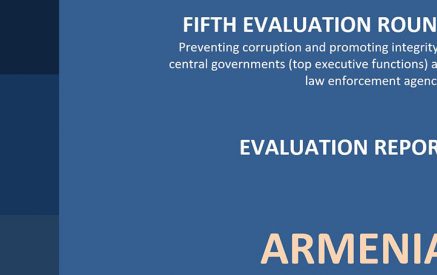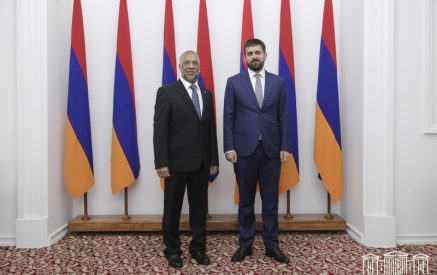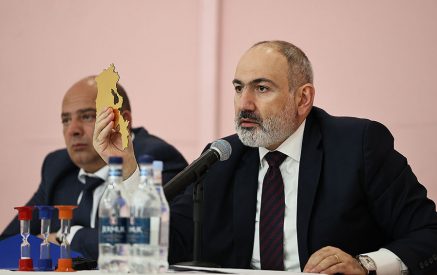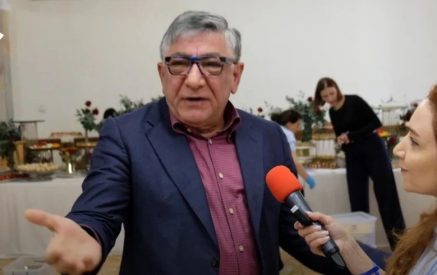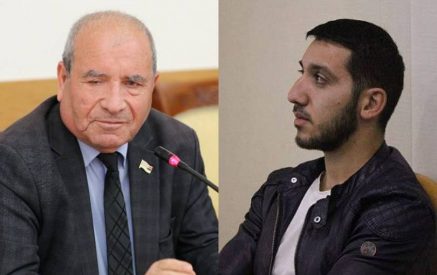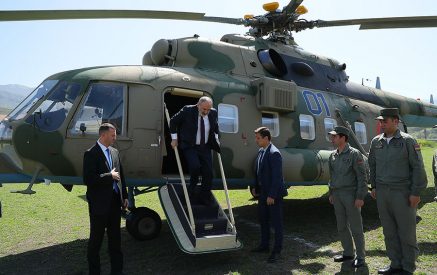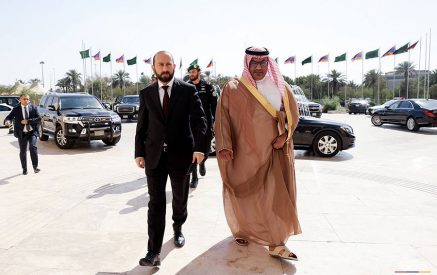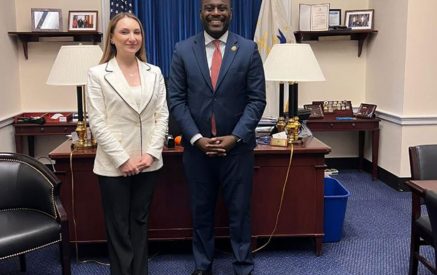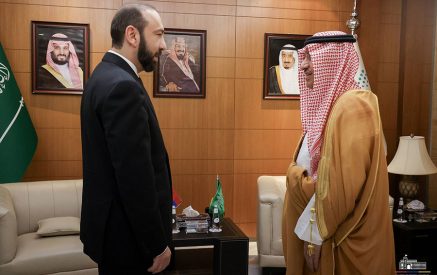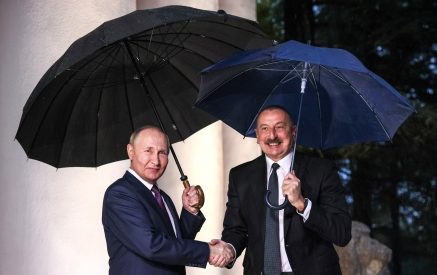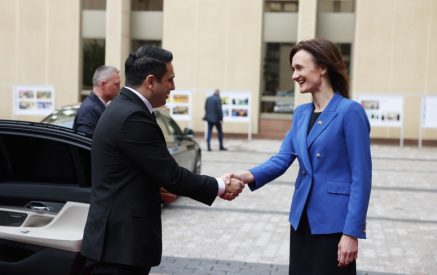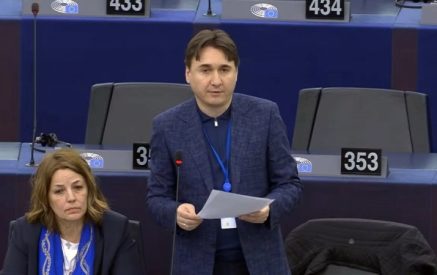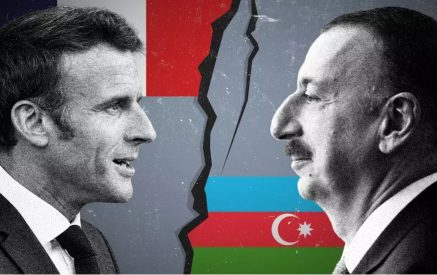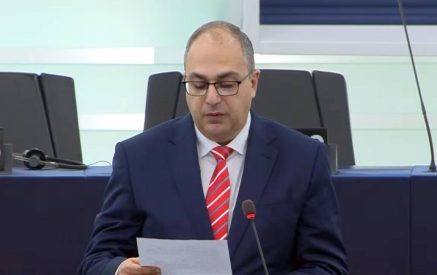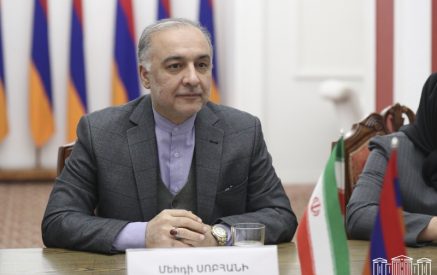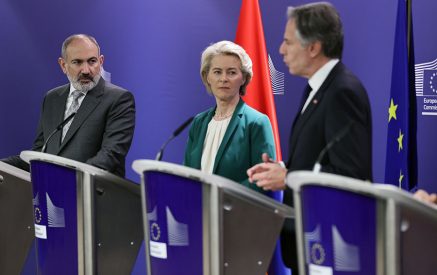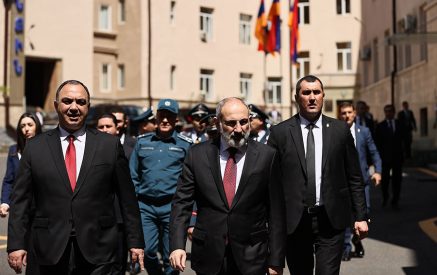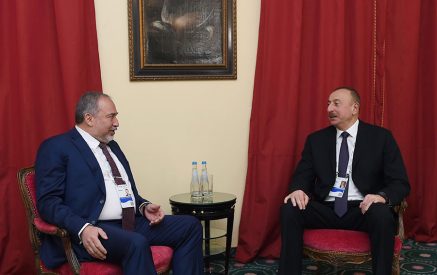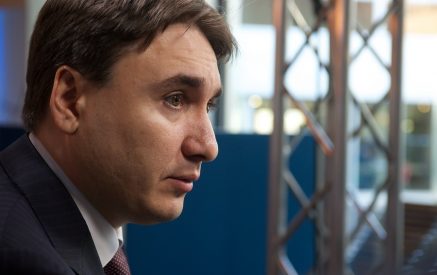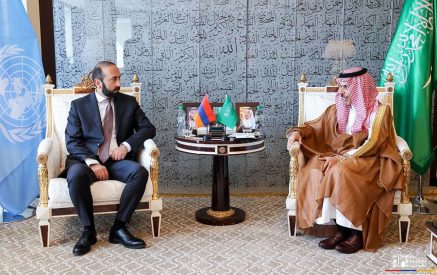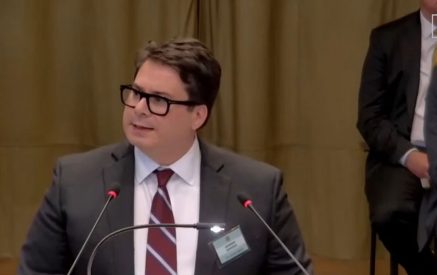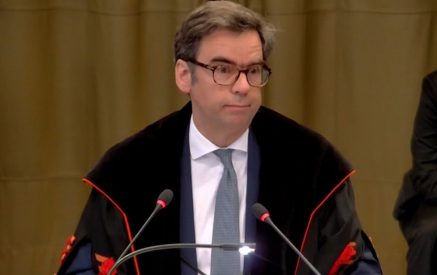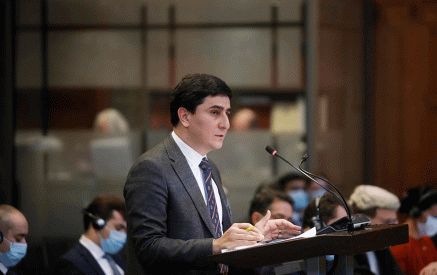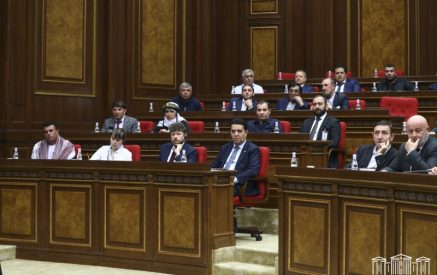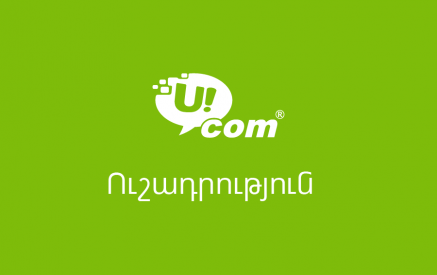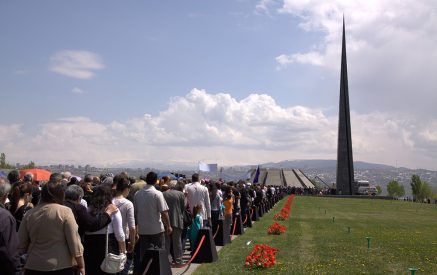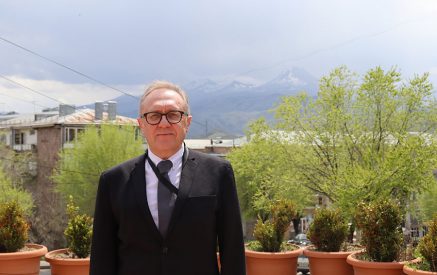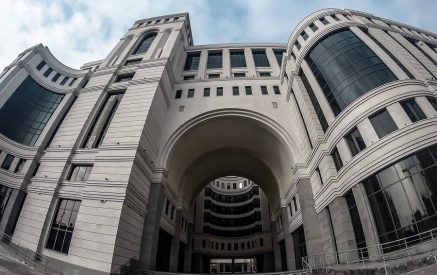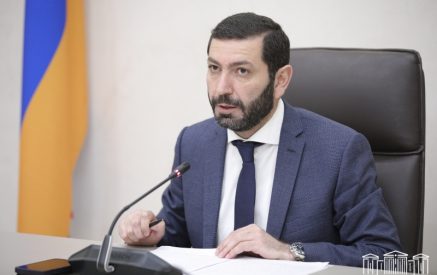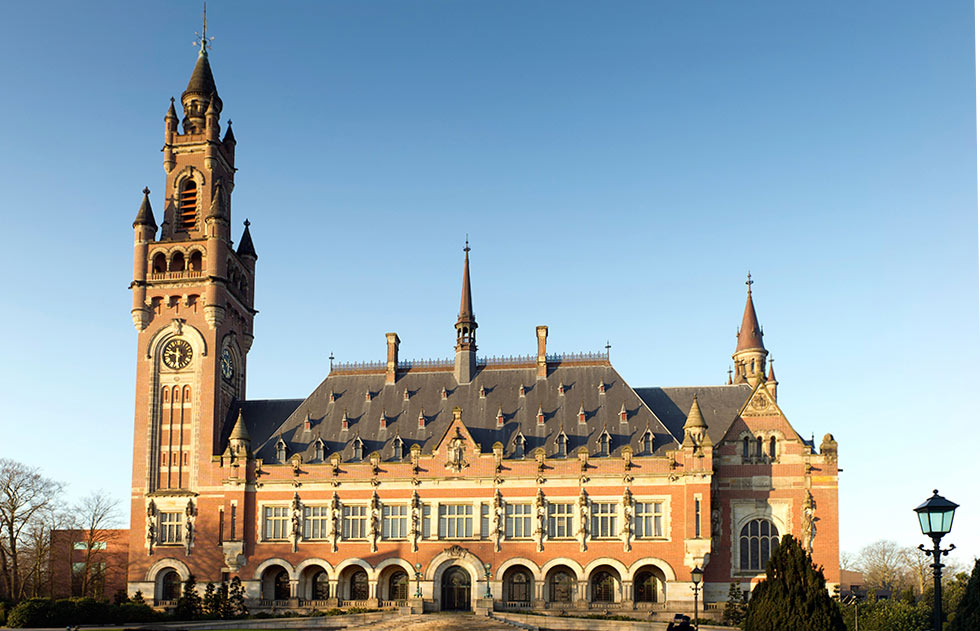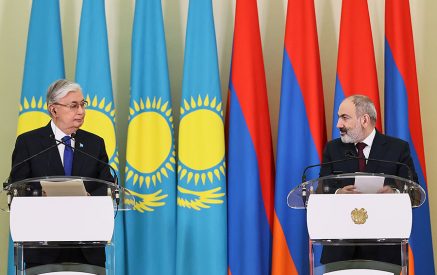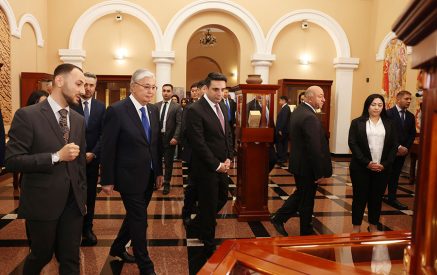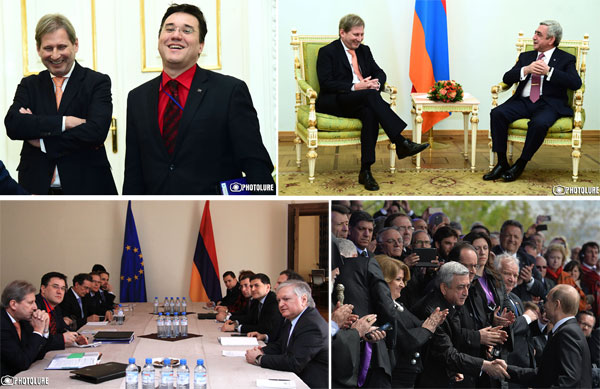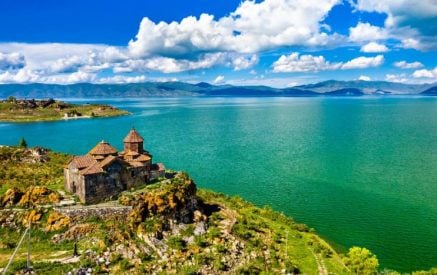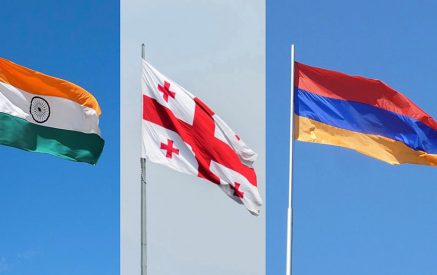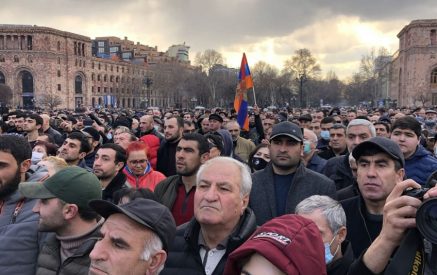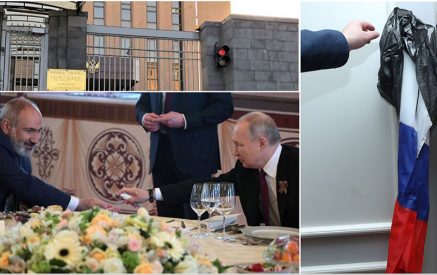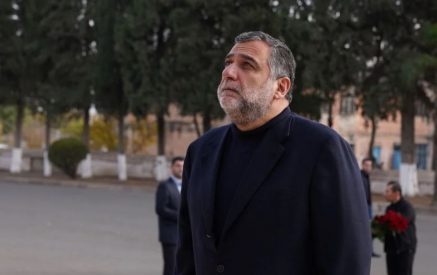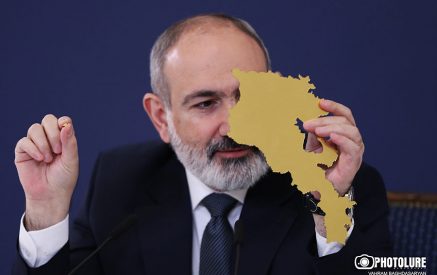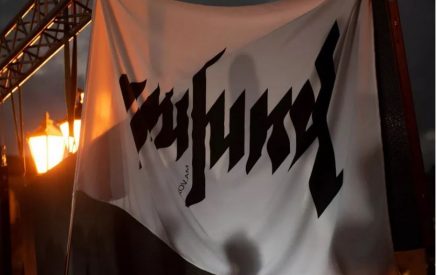Riga Summit: a new start or new adjustments?
On September 3, 2013, after Armenia’s decision to join the Customs Union, the European officials were initially disappointed with Serzh Sargsyan’s move and were not hiding it. But, months later, the European officials’ attitude slowly changed, and they were expressing an opinion more easily that no other government of Armenia could act differently.
Armenia’s government authorities, at various levels, in their turn, were endlessly repeating that Armenia is ready to develop relations with the EU, given Armenia’s commitments undertaken within the framework of the Eurasian Economic Union. Moreover, it was stressed that Armenia’s access into the Eurasian Economic Union cannot be an obstacle to various industries of the development of Armenia-EU relations.
Along with the statements by the government authorities, the European diplomats were repeating more and more often that they want to understand to what extent Armenia is ready to deepen the relations with the EU; there were even remarks that they have realistic expectations from our country with regard to the upcoming May 21-22 summit in Riga. “The level of trust towards Armenia has been restored,” said the Head of the EU Delegation to Armenia Traian Hristea last month, in the parliamentary sitting, ahead to the upcoming summit in Riga, and added, “We have registered a great progress in the range between Vilnius to Riga, and our positions are increasingly getting closer.”
Read also
The “Eastern Partnership” summit in Riga is aimed at supporting the countries signed the Association Agreement with the EU: Ukraine, Moldova, and Georgia, announced Latvian Foreign Minister Edgars Rinkēvičs, a few days ago, after the meeting with the EU and the heads of countries of the Visegrád Group. The Slovak Foreign Minister Miroslav Lajčák noted that the EU countries are planning for a visa-free policy for the post-Soviet domain countries that are participants of the “Eastern Partnership” plan.
As for Armenia, last week, Sweden’s charge d’affaires to Armenia Marten Ehnberg even expressed an opinion that EU and Armenia are aimed at including also the economic component in the forthcoming bilateral relations agreement, apart from the political component. Directors for political affairs from the foreign ministries of Poland and Sweden, Jarosław Bratkiewicz and Torbjörn Sohlström, respectively, who had arrived in Armenia ahead of the Riga Summit to conduct consultations, were accepted by the government authorities, and Engberg who had participated in these discussions, in the interview with “Freedom”, noted that it was still difficult to inform details from the expected agreement because the European Commission has not yet received a mandate to start negotiations with Armenia. “In the phase of exchange of thoughts, the parties were aimed at drawing attention onto the two components of the agreement: political and economic. Hence, I can assume that the economic component will also be reflected in the mandate of negotiations with Armenia.” Then, he added the following, “We have finished the phase of exchanging ideas, and now, we are waiting for a mandate given to the European Commission by the EU member-states to begin negotiations with Armenia. We hope that the mandate will be given prior to the Riga summit, but it is more likely that the member-states will not manage to finish the discussion and will not be able to give this mandate prior to the Riga Summit. Accordingly, either we will say in Riga that we are starting the negotiations or we will say that we are in the process of starting the negotiations.”
As to whether a document will be signed between the EU and Armenia this week in Riga, or it will be just announced that Armenia and EU are in the phase of starting the talks, perhaps, it will be clear in the coming days. Opinions are voiced that Armenia will not sign any document in the Riga summit. It seems there are no official negotiations in this direction but just discussions between the parties, which will make it clear about what will be announced in the Riga summit with regard to cooperation with Armenia.
Here, of course, Moscow factor is important, and the uncertainty and cautiousness lasting for months by the European officials and the diplomats, perhaps, is driven from the aspiration not to make Russia angry.
A few days ago, the meeting of the ministers of trade of the Eastern Partnership countries was held in Brussels, which was followed by the press conference of EU Trade Commissioner Cecilia Malmström and the EU chairing country, Latvian Foreign Minister Edgars Rinkēvičs. “Currently developing the draft for the Riga summit declaration, we assume the new agreement with Armenia can form part of it, naturally, given that the country has joined the Eurasian Economic Union,” said Rinkēvičs. “I believe we can find solutions during our discussions, so this is not the option to say that the European Union makes an offer, which should either be accepted or not, this is going to be a mutually acceptable option, it is a bilateral process,” he added. The EU Trade Commissioner noted that Brussels is trying to take into account the views of Moscow, the ground of the discrepancies is Ukraine’s problem. According to Rinkēvičs, Brussels wants to set such a level of cooperation with Armenia, Belarus and Azerbaijan that would meet the national interests of these countries.
Back to Azerbaijan, we should note that recently, Deputy Speaker of the Azerbaijani Parliament, Valeh Aleskerov, according to the Azerbaijani news sites, has noted that Azerbaijan will not sign an EU Association Agreement.
He recalled Turkey’s more than 50-year efforts, which unsuccessfully tries to join the EU, stressing that in the meantime, a number of Christian countries joined the EU while the Muslim Turkey – not. According to Aleskerov, the situation is different in the case of Azerbaijan, as they demand speaking with them as an equal partner. “Some people say that Azerbaijan is reluctant to sign the EU Association Agreement. That’s true. Azerbaijan initially demands recognizing the country’s territorial integrity and only after that, to set up the grounds for the Agreement. However, they do not going for it, for which Azerbaijan will not sign the Agreement.” A few days prior to this statement, Head of the EU representative office in Azerbaijan Malena Mard stated that the EU is waiting for Azerbaijan’s proposals of strategic cooperation. “The EU Commissioner Johannes Hahn is responsible for the European Neighborhood Policy. As stressed by Hahn, “Of course, we’ve got to differentiate our relations with each of the six countries that are part of the Eastern Partnership program. And this comes from the claims of those countries and their willingness to work with the EU. It will be very interesting to learn the opinions of the six partners in Riga. The EU is interested in expanding its cooperation with Azerbaijan. Azerbaijan has signed a bilateral strategic cooperation agreement with EU member countries. I would also like to say that the EU and Azerbaijan have signed a strategic energy cooperation agreement, too. In this regard, we are waiting for Azerbaijan’s proposals of strategic cooperation. We must consider them.”
EMMA GABRIELYAN

